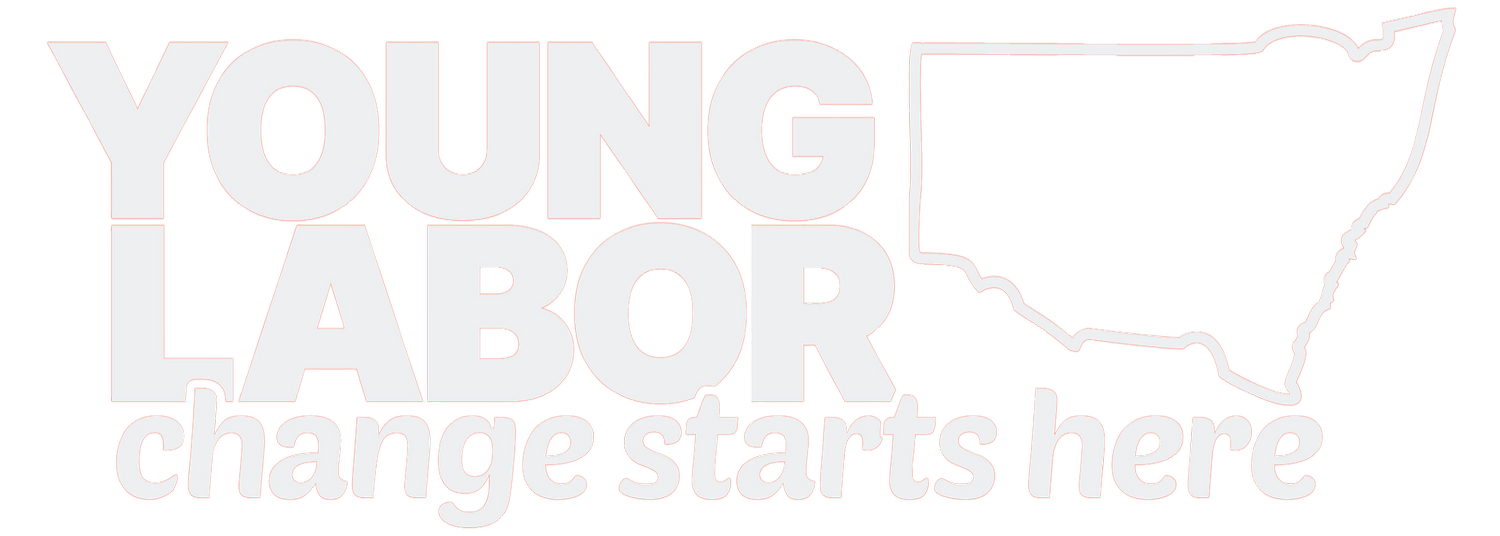Energising the Socialist Objective
The ALP is arguably the most unified it has ever been on the issue of climate change. There is now a broad consensus across the Party that Australia needs to act more decisively to actively transition its energy system, industrial processes, and skilled workforce away from fossil fuels and towards our competitive advantages in renewable resources and critical minerals.
This new cross-factional consensus was on full display at this year’s ALP National Conference where deliberations over the climate, environment, and energy chapter were just as civil and unified behind the scenes as they were on the floor (with the exception of native forest logging). But how long can this unity realistically persist as the rubber starts hitting the road?
This year, as the net zero transformation begins itself to transition from concept to practice, the disruption and division produced by the scale of structural change being pursued is shaping up to be a major test of the accord within the party on climate action. Efforts to build new transmission lines and set up renewable energy zones both onshore and offshore are generating significant community opposition across NSW, in many instances pitting Labor MPs against their own constituents.
This opposition is generally rooted in a sense of powerlessness, fuelled by the view that regional communities are being forced to bear all the costs of the transition without seeing any real return themselves. We are butting up against the limits of what can be achieved in an energy system that is privately owned and structurally geared towards profit maximisation for the few.
The contradictions between the profit incentives of our energy system’s private owners and the democratic imperative to socialise the gains from our energy transition are intensifying before our eyes.
Here in NSW, where the senior party has recently taken power on the back of these same anxieties over privatised energy, there is seemingly no ambition to capitalise further on those sentiments.
Social license issues remain a constant as our privatised networks seek to expand, and the lack of state control over generation assets like Eraring is making it harder to guarantee energy and employment security.
Young Labor has always played an important role within the party, championing a forward-facing approach to policy shaped by hopeful idealism and a belief that more is always possible that has not yet been eroded by the traumas of sustained political engagement. As our elected leaders continue to make the case that we cannot afford to centre NSW’s transition efforts around public ownership, it is our duty as those who will inherit the economy of tomorrow being built today to ask in return: can we truly afford to do it any other way?

